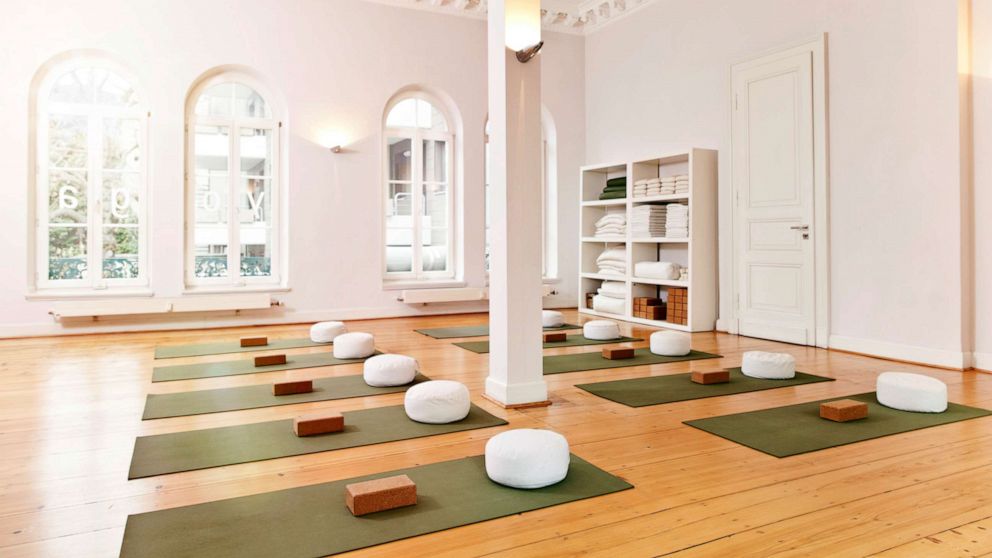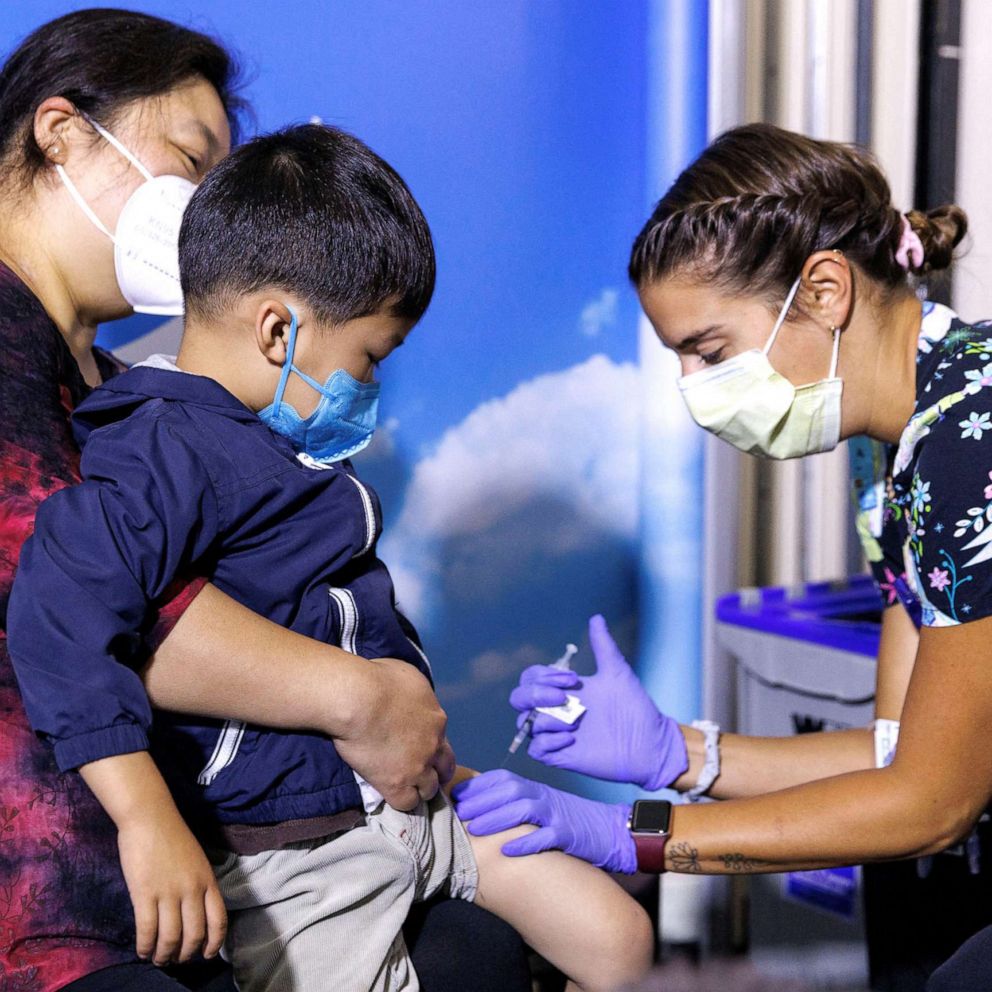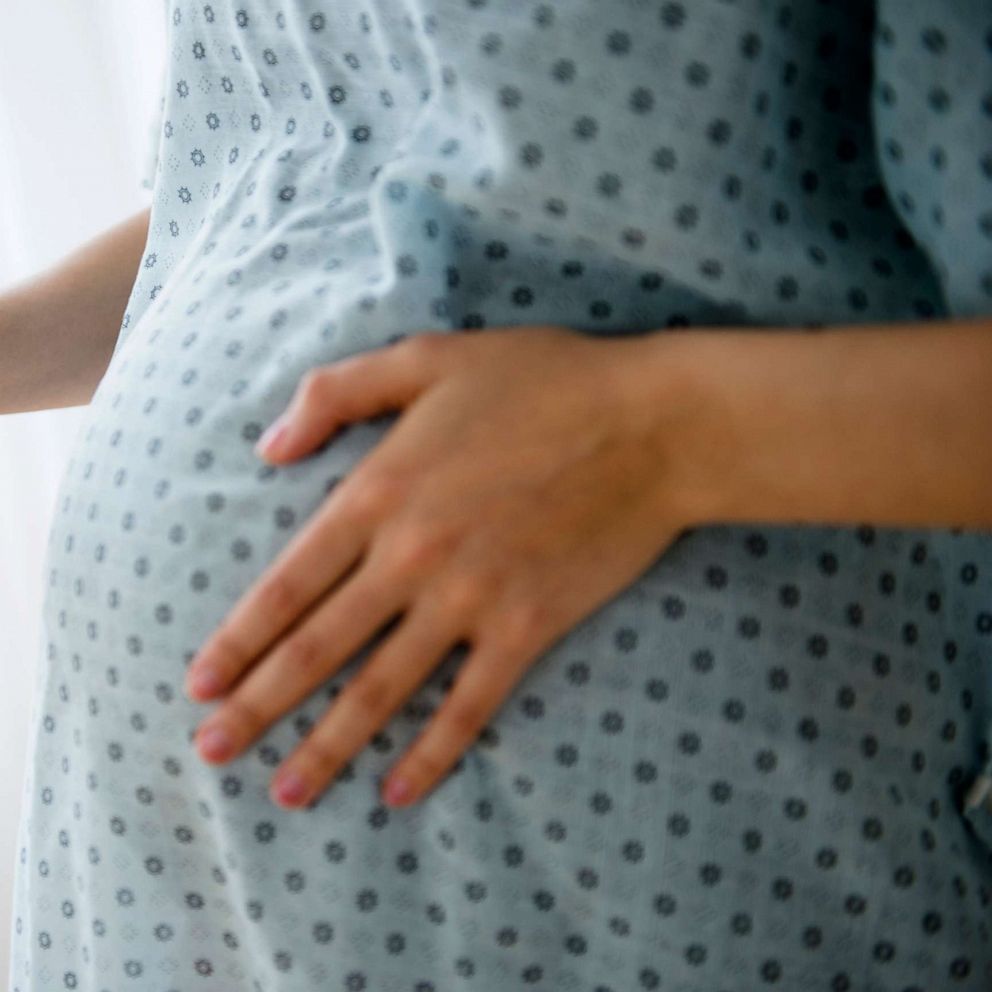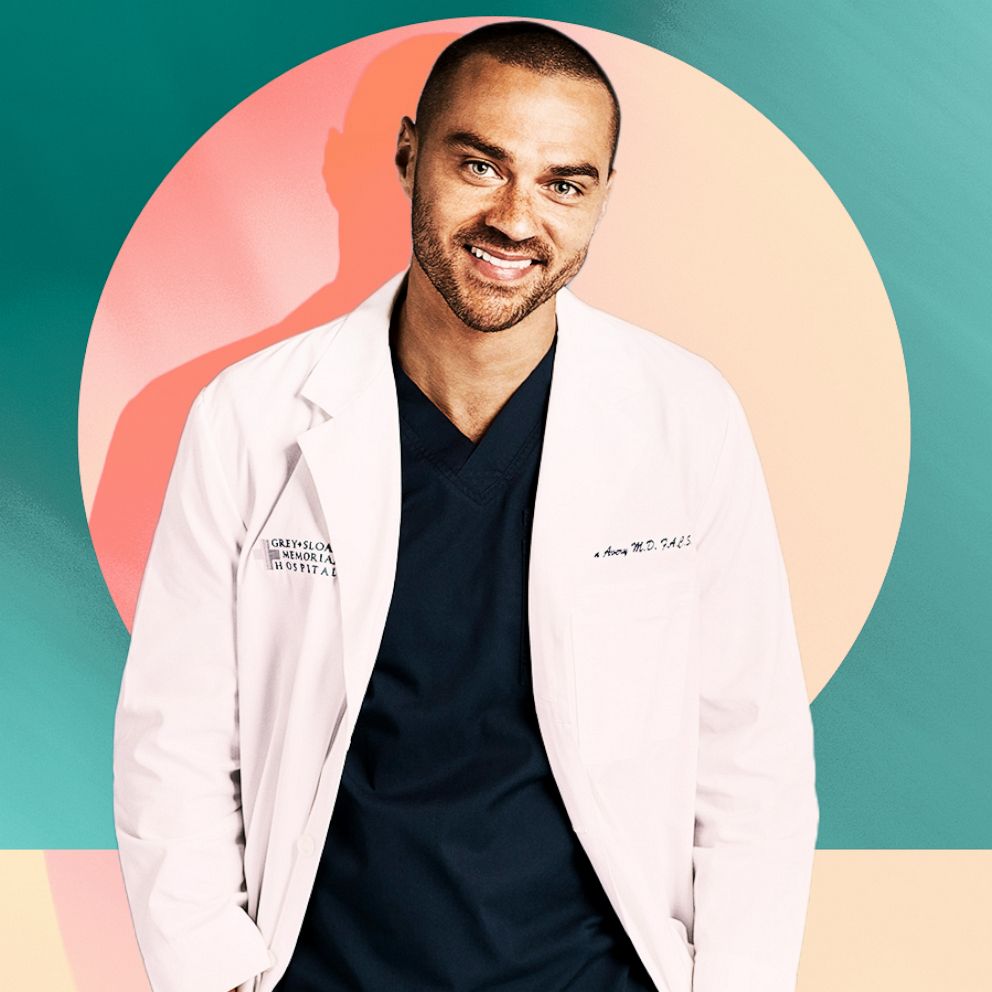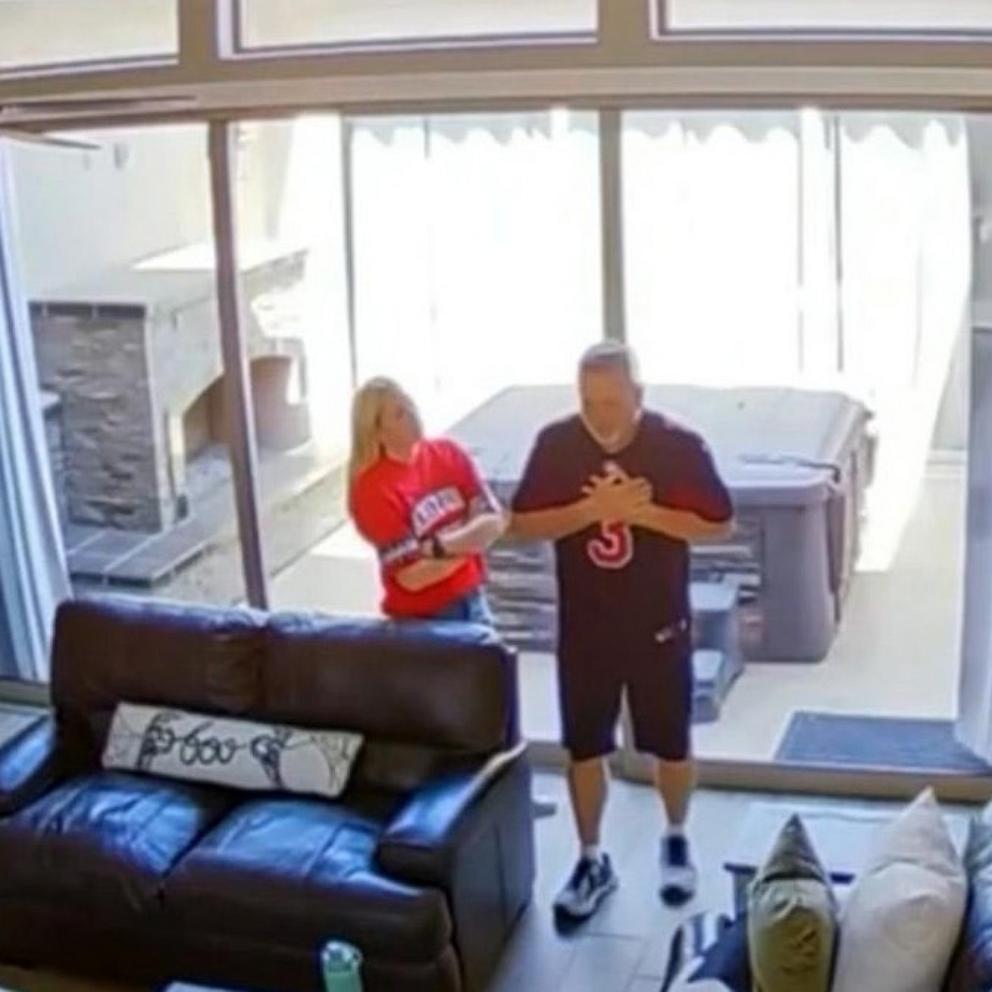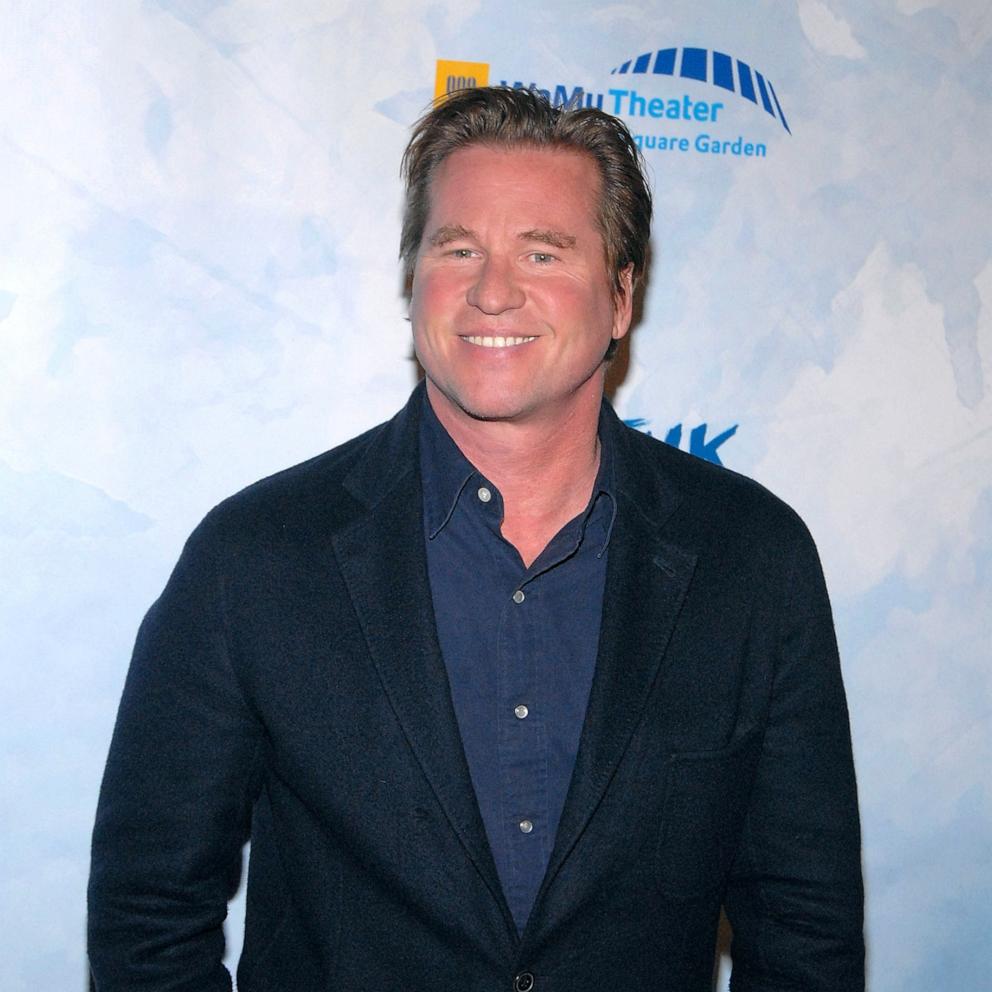COVID-19 misinformation spreads in yoga community, experts say
Yoga is practiced by tens of millions of people in the United States, but some practitioners are sounding the alarm about what they say is a dangerous spread of anti-science views, including around COVID-19.
Laura Rose Schwartz said she grew so disturbed by what she saw and heard that she left the yoga studio she opened in Virginia.
When she subsequently moved to California, Rose Schwartz said she ran into the same concerns there, too.
"With the pandemic, pretty immediately, I saw a lot of conspiracy theories floating around on social media among yoga and wellness practitioners, misconceptions about the vaccines," she told "Good Morning America." "It seems that anti-vax sentiment is very widespread within the yoga world."
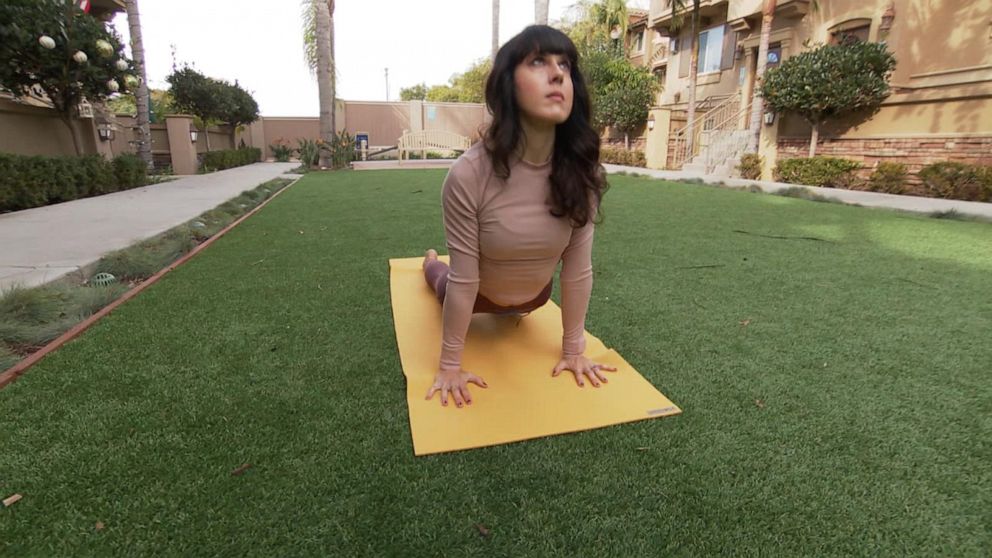
Cécile Simmons studies disinformation as a research manager at the Institute for Strategic Dialogue, a nonprofit organization that studies disinformation and extremism. She wrote an essay last year about her surprise at finding conspiracy theories and disinformation in her local yoga class.
"During the pandemic, more and more yoga influencers have started spreading misleading claims about vaccination," Simmons told "GMA." "We have seen people who have embraced anti-vaccine views and who didn't have them before."
Less than 65% of Americans are fully vaccinated against COVID-19, and the drive to get vaccinated is slowing down as the omicron variant subsides, according to The Associated Press.
Derek Beres, co-host of the podcast "Conspirituality," which tracks the yoga and wellness communities, said the spread of health misinformation in the yoga community is not new with COVID-19.
"Misinformation has spread in the yoga community for decades," Beres told ABC News' Kaylee Hartung. "There is a constant sense of this idea of sovereignty and yoga that I know better than the doctors. I know better than the system."
Social media has furthered the spread of misinformation, according to Beres.
"It just allows disinformation to spread like nothing we've experienced before," he said. "People are really confused because they see someone that they know and trust and they're getting misinformation."
According to Beres, disinformation can be hard to spot on social media. It can also be hard for people to know how to engage with people who deny the science around COVID-19 vaccines.
Beres's advice is to "listen first and foremost."
"Start asking them questions based on what they're actually saying and actually make them self-reflect in the moment about the information they're giving you," he said. "It could be contentious, but you might open them up to other possibilities."
To help counter the spread of misinformation in the yoga community, Yoga Alliance, an organization that describes itself as the largest nonprofit representing the yoga community, told ABC News it has created an "online resource center" with information on COVID-19.
"We are also working closely with public health experts to share timely and relevant information with the yoga community as we all continue to navigate these challenging times," the Alliance said in a statement.
"We urge everyone in the yoga community, including practitioners, to stay vigilant and active in our shared responsibility by doing what we can to stop the spread of misinformation both online and in our communities," the statement continued. "This includes only sharing information from credible sources such as the World Health Organization (WHO) and its peer agencies around the world, following science-backed recommendations from these organizations, reporting misinformation on social media platforms, and flagging misinformation when you see it."
The Alliance continued: "In addition to the human toll, the COVID-19 pandemic has been devastating to small businesses like yoga teachers and studio owners. We believe that the fastest and most effective route to recovery lies in everyone working together, with the tools available to each of us, so that we can all put this pandemic behind us."
